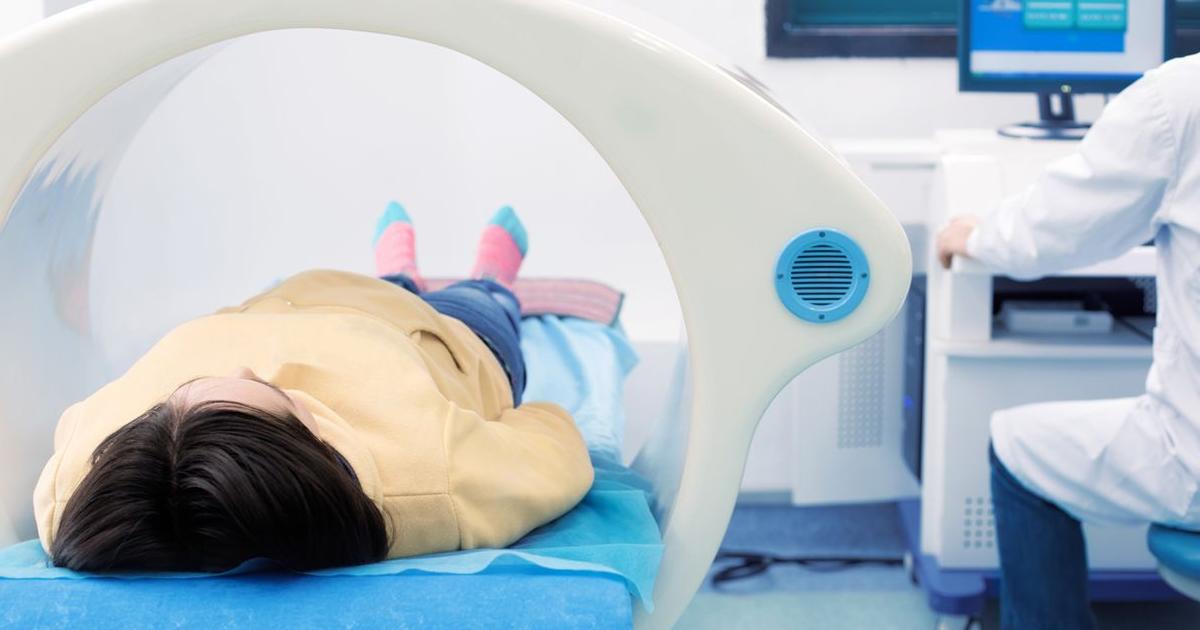Serious Symptoms Of A Prolactinoma
Low Bone Density

An individual with low bone density may be affected by a prolactinoma. Low bone density refers to a condition that occurs when an individual's bones cannot produce enough new bone to replace the bone being broken down. The result of this malfunction is a net loss of overall bone mass in the affected individual. Women in their postmenopausal years who are affected by prolactinomas are known to exhibit low bone density more often than other age groups and genders.
The low levels of estrogen in women precipitated from high levels of prolactin cause the bone turnover rate to become accelerated to the point where more bone is being reabsorbed than created. Two hormones called testosterone and estradiol are attributed to the process of low bone density that occurs in men with prolactinomas. Low bone density in men occurs when estradiol and testosterone are undetectable or very low in the patient. Low bone density in affected individuals increases their risk of experiencing a fracture and developing osteoporosis.
Irregular Menstrual Periods

A woman who has a prolactinoma may experience irregular menstrual periods. Increased levels of prolactin in the body that result from prolactinomas can disrupt the normal function of their reproductive endocrine axis. It is well known that prolactin plays a key role in the process of breast milk stimulation, but it also functions in the immune system, reproductive system, ovulation process, and formation of blood cells. Prolactin causes luteinizing hormone and follicle-stimulating hormone to become suppressed.
Luteinizing hormone and follicle-stimulating hormone are responsible for the release of another hormone called estrogen and the promotion of egg production in the ovaries. Low estrogen levels in those affected by prolactinomas result in adverse effects like prolonged or irregular menstrual cycles, absence of periods, infertility, anovulation, discharge of breast milk, and other sexual side effects.
